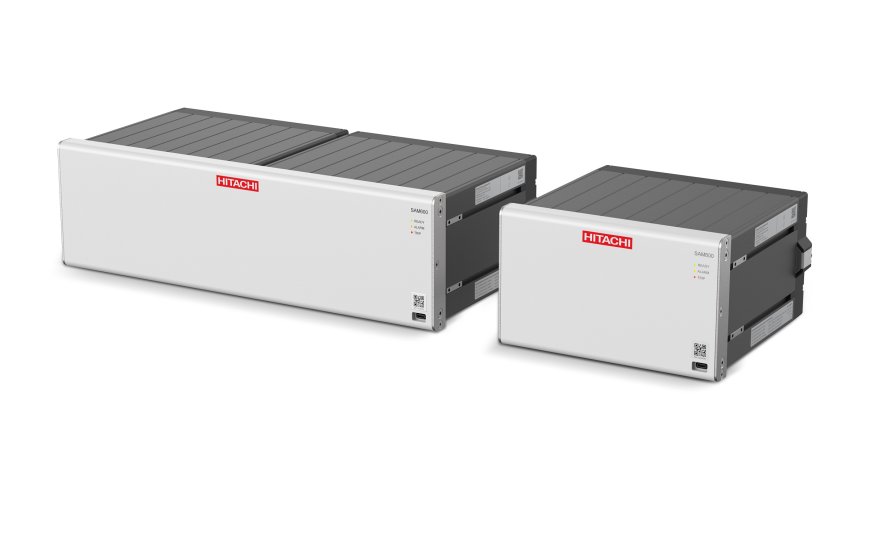Hitachi Energy’s enhanced process interface unit accelerates adoption of digital substations

Hitachi Energy advances its pioneering digital substation technology with the all-new SAM600 3.0, a process interface unit (PIU), to help transmission utilities accelerate the adoption of digital substations.
The new one-box, modular SAM600 consolidates three units within a single device, enabling it to be configured as a merging unit, a switchgear control unit, or a combination of both, supporting different installation approaches. With only one device to engineer, wire up, test, and commission, customers gain improved device flexibility and maintainability while lowering the carbon footprint of their operations.
As a merging unit, SAM600 speeds the upgrade of conventional substations to digital substations. They bridge the gap by converting analog signals and digitally distributing current and voltage information throughout the substation and to the control center. With digital substations, utilities and power system operators benefit from higher safety, lower capital costs, smaller footprints, and greater overall sustainability, reliability, and productivity. As a switchgear control unit, the device directly interfaces circuit breakers, disconnectors, and earthing switches in the field. This helps to substantially reduce wiring to the control building by providing an IEC 61850 digital interface to operate and monitor such equipment.
"As the complexity and dynamics of power generation, transmission, and distribution continue to grow, modern digital substations provide the control and efficiency needed to address these challenges. The new SAM600 helps operators extend the life of their existing assets, delivering much-needed investment protection and new levels of system performance,” said Claus Vetter, Head of Automation and Communication at Hitachi Energy.
As digital substation technology continues to evolve, the SAM600 will play an important role in accelerating its adoption and enabling advanced automation and communication applications to help utilities tackle the challenges of future power grids. It also serves as the foundation for utilities to embrace greater digitalization and integrate greater amounts of renewable energy for an energy system that is more sustainable, flexible and secure.







